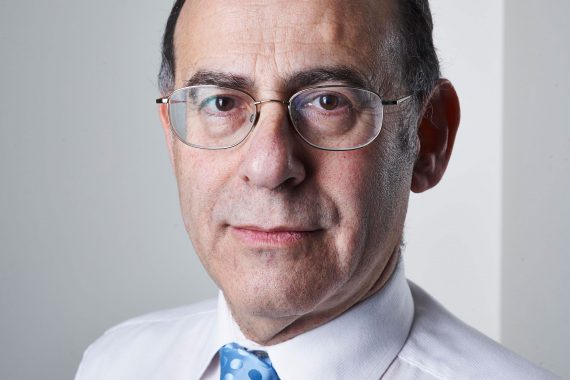We must seize control of the NHS from reckless politicians

How often have we heard the words ‘this is the end of the NHS as we know it’? Since I qualified, the health service has been repeatedly reorganised (usually for the worse), interfered with for short-term political advantage, and gradually privatised. Much of the change has been achieved through the simple device of ministers starving the service of money, and then getting friends in parts of the media to rubbish what is on offer, while lauding ‘medical breakthroughs’. Bureaucracy – always dressed up as improving patient safety – has slowly crushed the provision of service so that now it can be very hard to deliver anything at all, other than what you can do yourself. Politicians’ reckless squandering of goodwill and its product – morale – means the NHS and its staff have now had enough.
We can all remember the time when any health worker would willingly have gone several extra miles for a patient. Many of us still would. What is new is the readiness to walk away following the shock of the foundation years in hospital; the numbers of the just-qualified who are emigrating or simply quitting medicine is alarming. Hospital specialties are unfilled as even foreign graduates are now reluctant to work in our terminally ill service. In primary care there is a very corrosive sullen determination among older GPs to retire early. This would matter less if recruitment was easy, but many practices report extreme difficulty in persuading any GP to join them (see page 2o). Younger GPs often take one look at a partner’s life, and decide to remain as a locum and avoid the aggravation.
Doctors and nurses are demoralised and angry
Long gone is the time of nine-session male partners and three-session female employees. We have a workforce largely made up of women, who are much more ambitious than their predecessors and will never again agree to just mopping up excess work in the practice. Few GPs now can cope with a nine-session week as the workload is far too intense and the day unhealthily long. Relationships with district services have decayed and community care is also struggling to recruit because pay is poor and workload is massive.
Now that doctors and nurses are demoralised and angry, there is little to keep them in place. I warned for years that the damage done by squandering staff motivation and goodwill would be irreparable. Several generations of politicians (and the few GPs who have supported them) have thrown it all away. Promises of thousands more doctors, nurses or other workers are nonsense – we all know they simply are not there. I now believe we really have reached the end of the NHS, unless we GPs take much more control of it.
Strangely, the current NHS gives us that opportunity. I want to encourage all GPs to seize control of their local health economy – even though we think we are all too exhausted to spare time for this. My first move would be to shut down the local referral management scheme, which has acted as a barrier to good patient care and forced a fragmentation of the service. One wrong tick on a form and the referral is rejected. Asking for anything to be done for a patient is met with a denial of service. Putting a stop to this situation should be easier in England; if the local CCG fails to take action, we have to kick out the local team and elect another. The same applies to the leaden bureaucracies in the devolved nations.
We must let the public know what is being done to their NHS, although I think they already have a pretty good idea. They do not believe the blatant lies (or wilful self-delusion) of politicians about the NHS – or about anything else for that matter. If we are to reverse this pollution of democracy, then a non-partisan alliance of patients and NHS staff will have to get a grip on what is left of the NHS and shake some life back into it. Don’t just fume at what some mindless policy has forced a manager to do to save money. Federated practice is about much more than saving on managerial and back-office costs. Banding together, hard though that will be, is possibly the only way to keep this very old car running.
Dr Laurence Buckman is a former chair of the BMA GPs Committee and a GP in north London
Pulse October survey
Take our July 2025 survey to potentially win £1.000 worth of tokens










